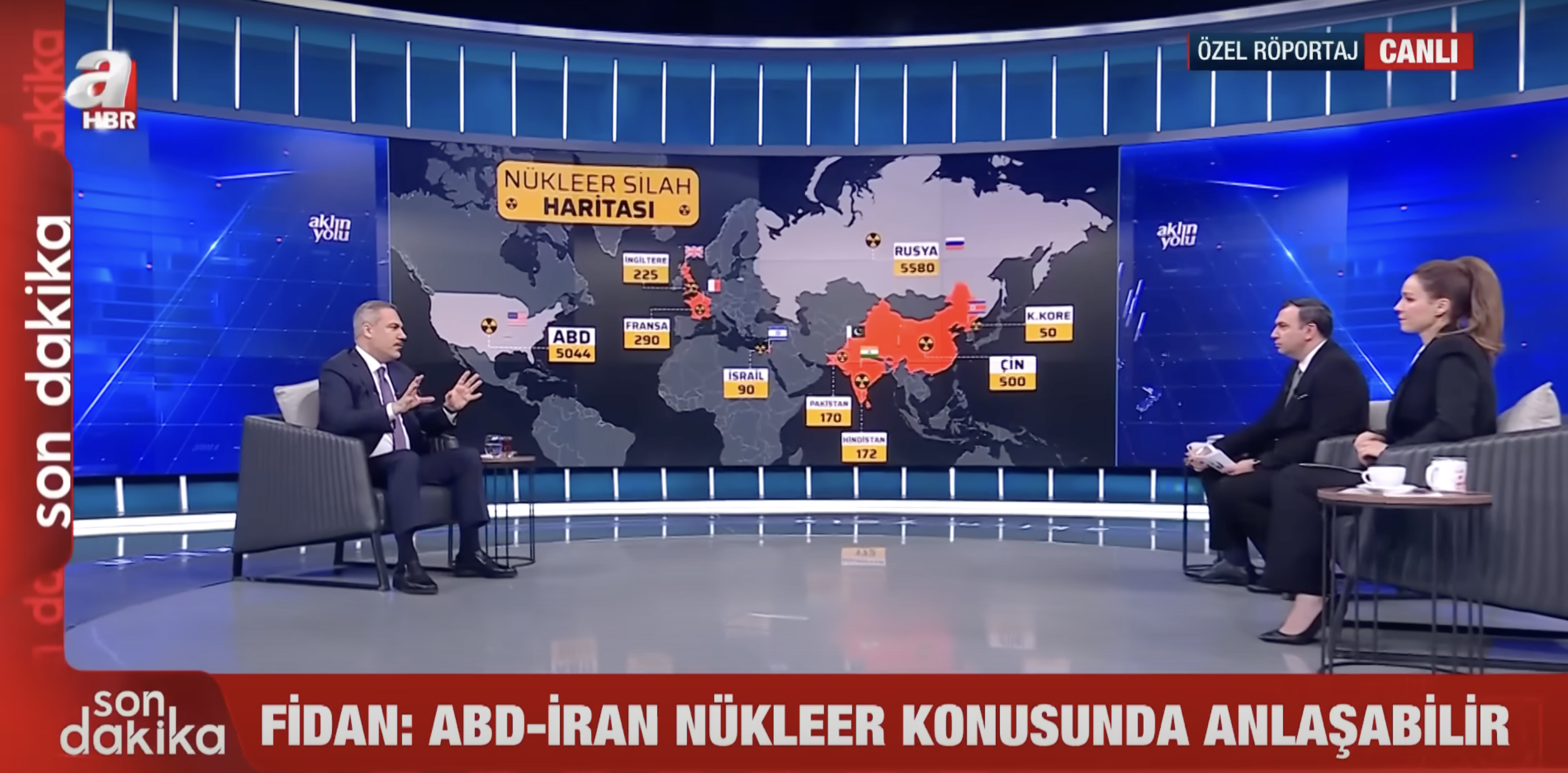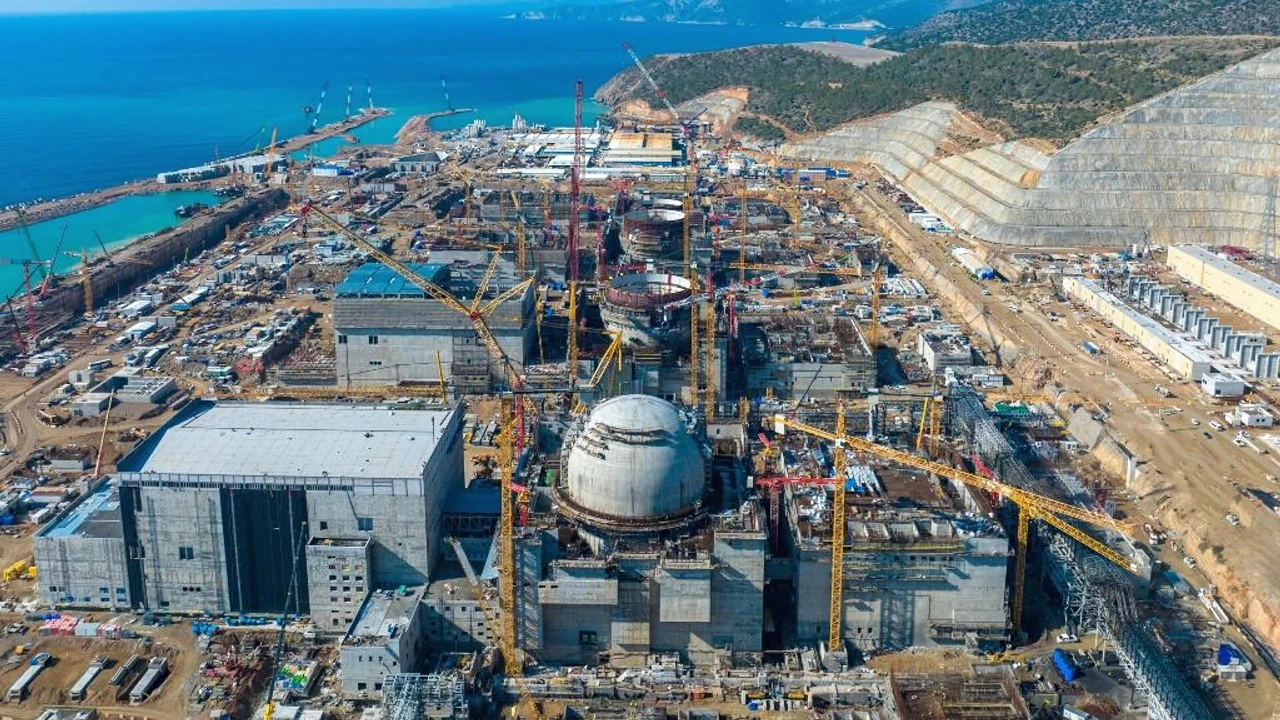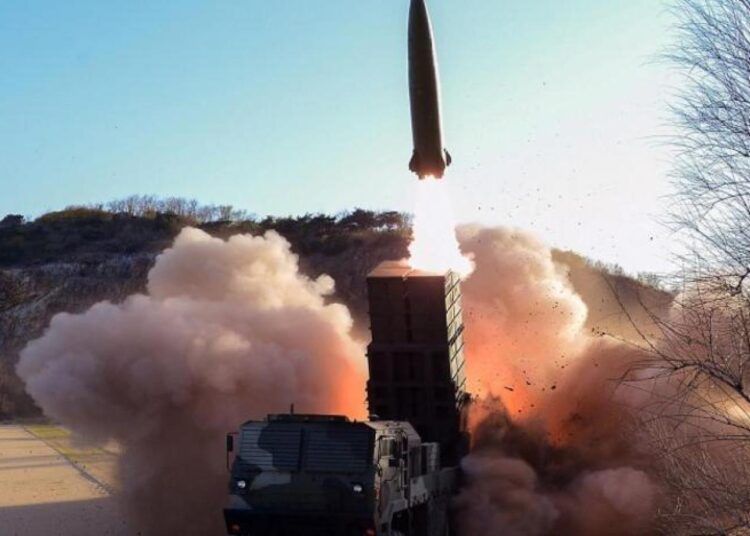Levent Kenez/Stockholm
Turkish Foreign Minister Hakan Fidan criticized the Treaty on the Non-Proliferation of Nuclear Weapons (NPT), calling it structurally unjust and questioning why Turkey signed it in the first place. His remarks, delivered during a program evaluating the aftermath of the 12-day war between Israel and Iran broadcast on June 27 on the pro-government A Haber television channel, come at a time of growing tensions over nuclear issues and changing power balances in the region.
“When I first read the text of the NPT,” Fidan said, “I asked myself: How did those who signed this ever agree to it? It’s essentially a document where non-nuclear states accept in perpetuity the military superiority of nuclear-armed nations.”
The NPT, which entered into force in 1970, is built upon three main pillars: preventing the spread of nuclear weapons, promoting disarmament and facilitating access to peaceful nuclear energy under international safeguards.
Turkey signed the treaty on January 28, 1969, and ratified it on April 17, 1980.
Although 191 states are party to the treaty, Fidan argued that only the first pillar is being meaningfully implemented.
Fidan accused the treaty of cementing a strategic imbalance by formally recognizing five nuclear-weapon states — the United States, Russia, China, France and the United Kingdom — all of which hold permanent seats on the United Nations Security Council. This, he said, creates “structural injustice” and locks in a hierarchy of power.
“The five nuclear-armed states have not taken meaningful steps toward disarmament,” Fidan said. “Nor have they fulfilled their obligation to assist others in developing peaceful nuclear capabilities. This imbalance creates frustration and strategic inequality.”
He emphasized that the treaty’s promise of disarmament has remained largely rhetorical.
“There has been no real progress. The system is based on the idea that a few countries keep their nuclear capabilities while the rest accept their strategic inferiority,” he added.
Fidan expanded his criticism beyond technicalities, focusing on what he described as a built-in rigidity among the treaty’s recognized nuclear-weapon states.

“In the current geopolitical climate, it’s nearly impossible for the five nuclear-armed countries to agree on any issue of real strategic significance,” he said. “But there’s always one thing they agree on: not letting a sixth country acquire nuclear weapons.”
He said that despite the treaty’s disarmament pillar, there is no serious effort among these states to reduce their own arsenals.
“There’s no initiative to bring the number down to four or three,” he said, “because none of them trust each other.”
Fidan concluded that the system, as it stands, is not sustainable. “This equation has been established, but it’s not viable from the standpoint of the international system,” he said. “Especially in a world where countries like Israel possess nuclear weapons outside any international framework, this setup lacks sustainability.”
Fidan’s comments draw on direct involvement in global nuclear governance. Between 2008 and 2010, he served as Turkey’s representative on the board of governors of the International Atomic Energy Agency (IAEA), the Vienna-based United Nations watchdog responsible for ensuring compliance with the NPT.
He also conducted fieldwork at the IAEA and the Comprehensive Nuclear-Test-Ban Treaty Organization during his doctoral studies, which focused on nuclear verification technologies.
During the interview Fidan said his previous academic work has shaped his view that the current treaty regime lacks both legitimacy and long-term viability.
According to Fidan, the IAEA’s most sensitive file has always been Iran, whose nuclear program remains under intense scrutiny. By contrast, he pointed out, North Korea, which withdrew from the treaty in 2003, is no longer subject to agency oversight.
“Iran remains under constant pressure and monitoring,” Fidan said. “Meanwhile, there are countries outside the treaty that possess nuclear weapons but are not held accountable. This undermines the credibility of the entire system.”
Fidan disclosed that Turkey has recently put forward what he called creative proposals to both the United States and Iran in an effort to facilitate dialogue over Iran’s nuclear program. The United States has called for complete enrichment restrictions, while Iran insists on its right to peaceful enrichment under international law.

Turkey has no known military nuclear program and has consistently upheld its commitments under the NPT. The country is currently constructing its first nuclear power plant in Akkuyu with full Russian ownership and operation.
However, it is often emphasized by President Recep Tayyip Erdogan and pro-government circles that Turkey’s lack of nuclear weapons is a disadvantage in the region.
In March 2018 President Erdogan vowed to acquire advanced military hardware including nuclear missiles when comparing Turkey’s military capabilities to those of the United States, saying that Turkey has God on its side and that his people march for martyrdom, unlike the Americans.
In April 2018 Erdogan slammed Prime Minister Benjamin Netanyahu, branding Israel a terrorist state and warning that Netanyahu should not be bragging about possessing nuclear weapons as they would be rendered ineffective when the time comes.
Another statement came on September 4, 2019, when Erdogan said, “Some countries have missiles with nuclear warheads, and not just one or two. But [they tell us] we can’t have them in our hands. This I will never accept.”
People close to Erdogan echoed similar ambitions for nuclear weapons as well.
In January 2018 then-foreign minister Mevlut Cavusoglu criticized the United States, saying the US cannot ask others to give up nuclear weapons while keeping its own arsenal.
In November 2020 Mesut Hakki Casin, the president’s advisor on security and foreign policy, said Turkey would hire engineers around the world, including nuclear scientists, to serve the government’s interests.
“Turkey must have nuclear weapons, ICBMs, then nobody will be able to touch us, just like North Korea,” said Cem Küçük,, a leading government propagandist, during an April 2020 television appearance.
Hayrettin Karaman, a 90-year-old Islamic jurist and chief religious edict-giver for Erdogan as well as a prominent ideologue for the Turkish Muslim Brotherhood, has said Turkey must pursue nuclear capabilities to counter Israel and establish deterrence against its adversaries.

In an article published on September 8, 2024, in the Islamist Yeni Safak daily, Karaman argued that Turkey’s current efforts are insufficient for stopping Israel. He urged that “either the Islamic world must unite and collaborate with China and Russia, or Turkey must move forward by acquiring nuclear warheads and weapons.”
Karaman praised the Erdogan government’s efforts in advancing the defense industry and enhancing Turkey’s conventional warfare capabilities. However, he criticized the NPT, arguing that the nuclear powers recognized under the treaty are colonialists seeking to maintain their exploitation through military force.
“If the countries they exploit acquire nuclear weapons, they will no longer be able to continue their oppression,” he added.












